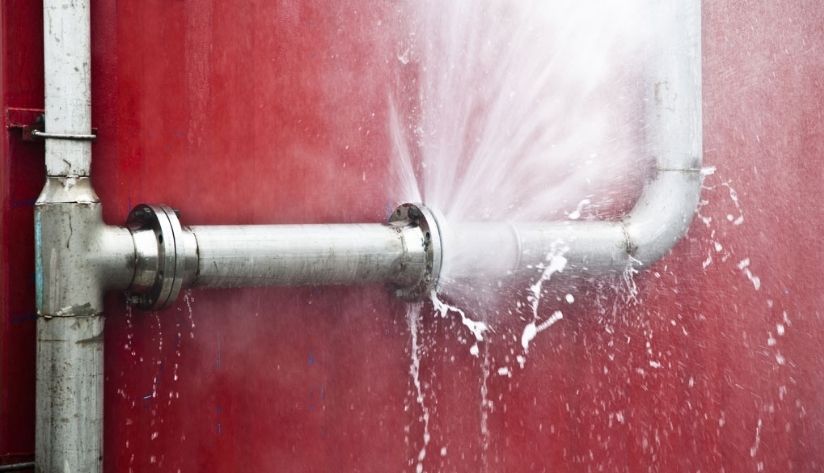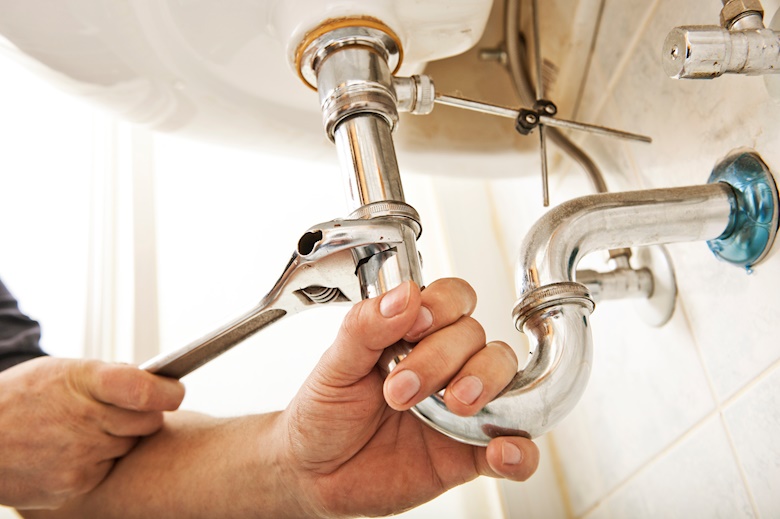On this page down the page you'll find a good deal of first-rate insight around Where to Find Water Leaks.

"Beware of little costs. A little leak will sink a wonderful ship." - Benjamin Franklin.
He couldn't have been much more best since water leaks in our homes result in a waste of resources, raising our water bills. Although this boost might seem negligible in the beginning, it can cause significant expenditures that can break your bank. In addition to a boost in bills, water leakages likewise cause undesirable organic development, structural damages, and also electrical threats.
Finding out if you have a water leak isn't always very easy as a result of being unable to see the majority of the pipework in your house. If you have had a rise in your water costs recently, discovered water stains on ceilings and wall surfaces, smelt lousy smell, and so on. You may wish to consider asking for plumbing solutions to get it looked into.
There are numerous root causes of water leakages, as well as we have assembled the usual reasons below. Check to see if you have actually had associated issues in your house lately.
Compromised pipeline joints
Pipeline joints are the parts of our plumbing system where the pipes link. They are the weakest point of our plumbing system. Therefore, they are a lot more vulnerable to deterioration. It is vital to keep in mind that although pipes are designed to stand up to stress as well as last for some time, they weren't designed to last permanently; consequently, they would degrade over time. This wear and tear might bring about cracks in plumbing systems. A typical indication of damaged pipe joints is too much noise from taps.
High water stress
You noticed your home water stress is higher than common yet then, why should you care? It's out of your control.
It would certainly be best if you cared since your average water stress must be 60 Psi (per square inch) and although your residence's plumbing system is created to hold up against 80 Psi. A boost in water pressure can place a stress on your residence pipes and also result in splits, or worse, ruptured pipelines. If you ever before see that your home water pressure is higher than usual, connect with a specialist concerning managing it.
Deterioration
As your pipework grows older, it obtains weaker as well as much more vulnerable to corrosion after the regular passage of water via them, which can gnaw at pipes as well as trigger cracks. A noticeable indication of corrosion in your house plumbing system is discoloration and also although this may be hard to identify because of most pipes hidden away. Once they are old to ensure a sound plumbing system, we advise doing a constant appointment every couple of years as well as change pipelines
Blocked drains
Food fragments, dirt, and oil can cause clogged up drains pipes and obstruct the passage of water in and out of your sink. If undealt with, increased stress within the gutters can trigger an overflow as well as finish up fracturing or rupturing pipes. To avoid clogged drains pipes in your home, we recommend you to avoid putting bits down the drain and also routine cleansing of sinks.
Broken seals
Another source of water leaks in houses is damaged seals of house devices that use water, e.g., a dish washer. When such home appliances are mounted, seals are installed around water ports for easy flow of water through the maker. Therefore, a broken seal can trigger leak of water when in use.
With little or no understanding of plumbing, comprehending your residence's plumbing system adequate to take care of some of these problems (without effect) can be a headache. Contact plumbing experts in Pittsburgh, Divine Superintendence, Rochester, as well as environ today, and also they'll make those problems go away.
He could not have been more appropriate because water leakages in our residences result in a waste of sources, enhancing our water bills. If you have had a rise in your water bills lately, observed water stains on ceilings as well as walls, scented poor smell, and so on. An increase in water stress can place a pressure on your home pipelines and also lead to fractures, or worse, ruptured pipes. An additional cause of water leakages in homes is broken seals of house devices that make use of water, e.g., a dishwashing machine. When such appliances are set up, seals are mounted around water connectors for simple flow of water with the equipment.
5 TIPS IN DETECTING A WATER LEAK IN YOUR HOUSE
Water leaks can be hard to find in your home, yet they can be so common. We rely on water every day in our home, which is why a leak can cause big problems. By detecting them early, you can save money and further damage, getting the problem fixed as soon as possible. Here are 5 tips to help you detect a water leak in your home, so you can contact a plumber straight away and get the issue sorted.
Check your water meter
Many people underestimate the value of the water meter in their home. It can be one of the best ways to tell if you have a leak early on, so you can get on top of it before issues start arising. Start by turning off all the water in your home: taps, washing machine, dishwasher, etc. Now take a look at the meter – if it’s still changing with everything turned off, it’s likely you have a fast-flowing leak that you need to get on top of straight away. If nothing changes, then leave your meter for an hour or two and come back to it. Did it change in this time? It’s likely you have a slower leak, which isn’t as urgent but still handy to get fixed so it doesn’t become a bigger problem.
Keep an eye on your bill
Another good way to detect a leak in your home is by keeping an eye on your water bill. It helps if you have a past bill from the same period of time. You can compare like for like and determine whether your water usage has increased significantly. If it has, there may be a leak in your system that you haven’t picked up before. A professional plumber can check through all of your pipes and determine where it is coming from.
Look for damage
If you have a leak inside your home, you will notice damage over time. Take a look at your showers and bathtubs and note whether any of the tiles surrounding the area seem to be discoloured or damaged in any way. There may be water stains, mould or peeling material that has resulted from a build up of moisture over time. Make sure you take a look under sinks at the back of cupboards that don’t get accessed regularly. This is where damage can go unnoticed and build up over periods of time.

I found that blog posting on Where to Find Water Leaks while surfing the internet. Sharing is caring. Helping people is fun. Thanks a lot for your time invested reading it.
Top-notch service? Dial here.